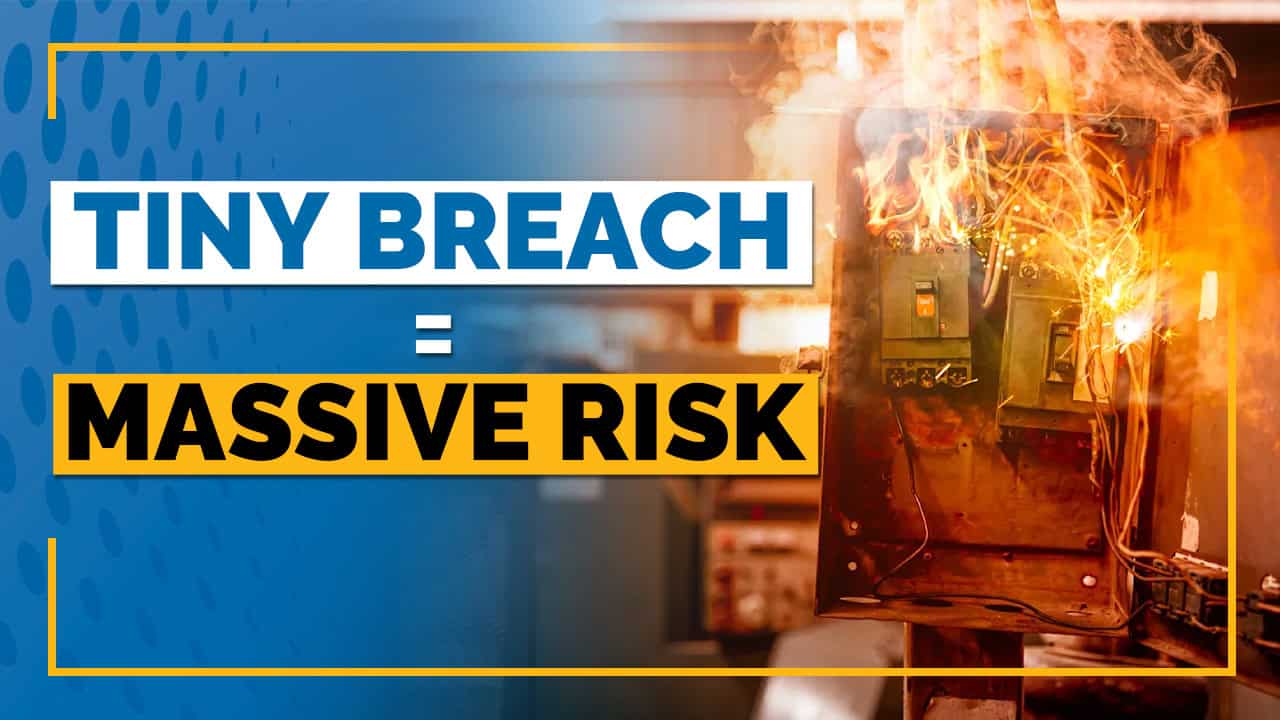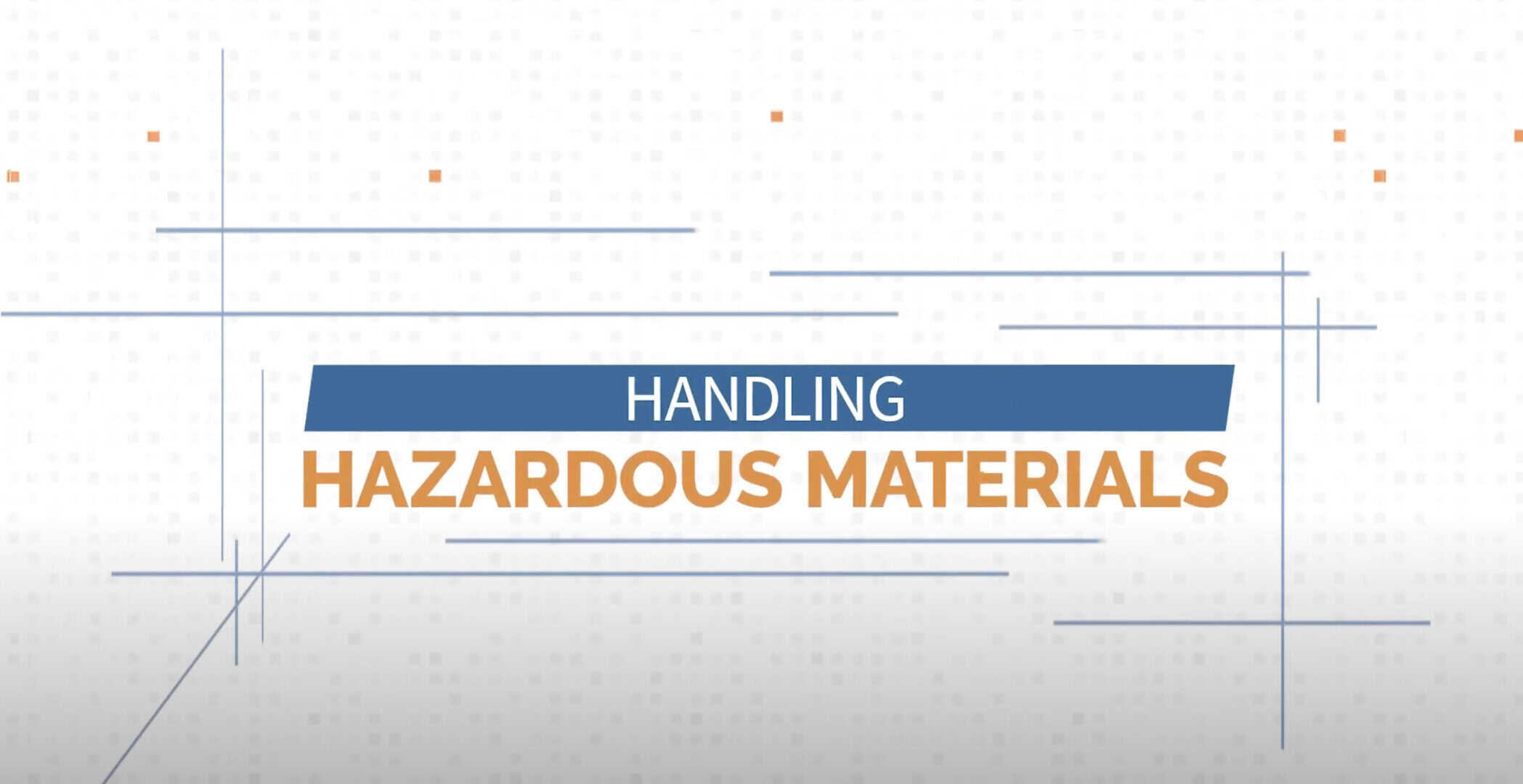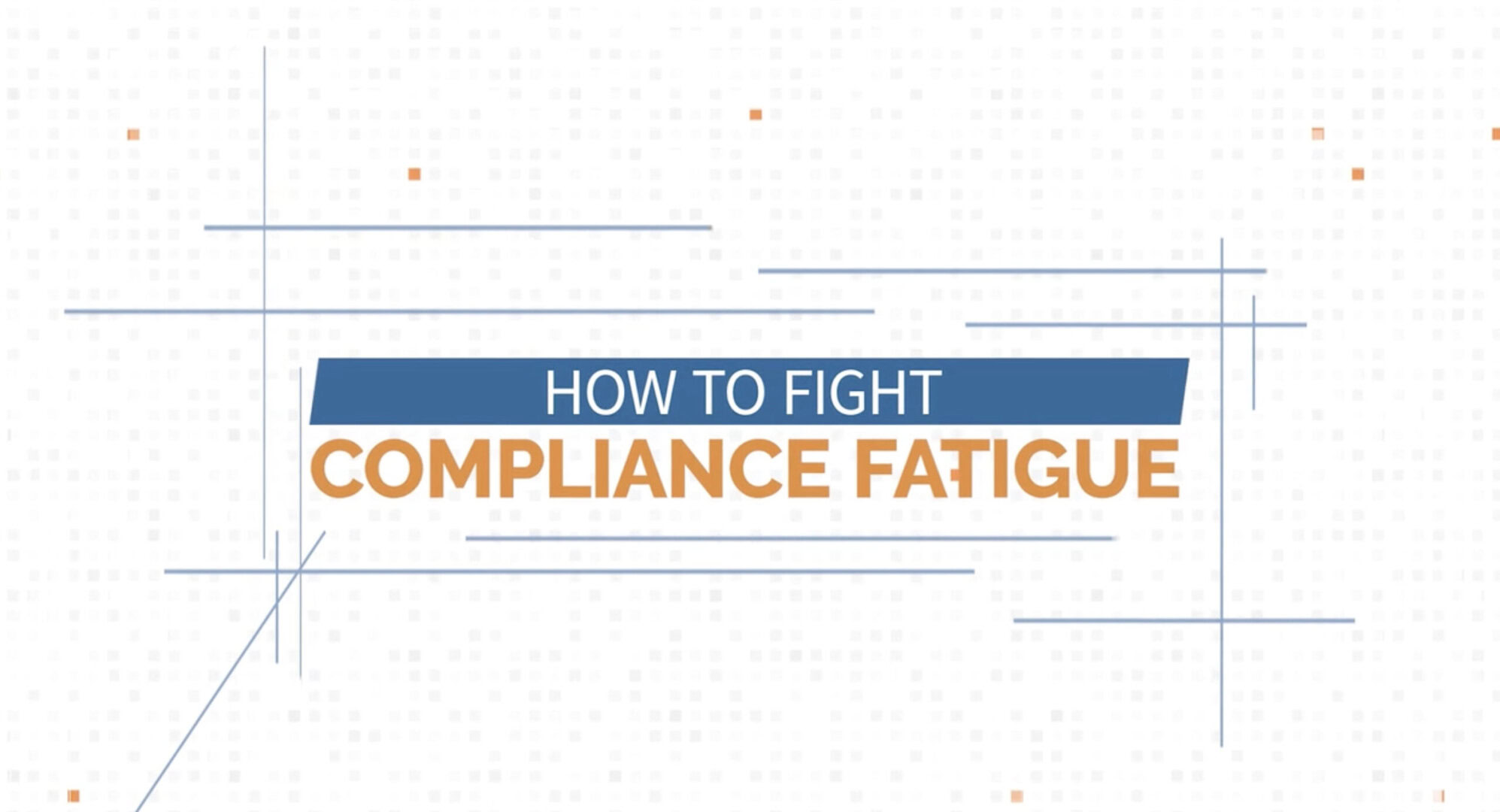The Joint Commission is an independent, non-profit organization that accredits and certifies healthcare organizations and programs in the United States. A Joint Commission survey is an on-site evaluation of a healthcare organization’s compliance with established standards of care and patient safety.
The timeline for a Joint Commission survey typically involves several stages:
- Scheduling: The healthcare organization schedules the survey with the Joint Commission at least six months in advance.
- Pre-survey preparation: The healthcare organization prepares for the survey by reviewing the Joint Commission standards, conducting a self-assessment, and identifying areas of improvement.
- On-site survey: The Joint Commission survey team visits the healthcare organization and conducts an on-site evaluation of compliance with the established standards.
- Exit conference: At the end of the on-site survey, the Joint Commission survey team holds an exit conference with the healthcare organization’s leadership to discuss their findings.
- Post-survey activities: The healthcare organization receives a report from the Joint Commission detailing the findings of the survey. The organization then takes action to address any identified areas of improvement and submits evidence of corrective actions to the Joint Commission.
- Follow-up survey: The Joint Commission may conduct a follow-up survey to ensure that the healthcare organization has implemented the necessary changes and is in compliance with the standards.
Overall, the Joint Commission survey timeline can take several months to complete, depending on the size and complexity of the healthcare organization being evaluated.




